Keywords: Plenary Council
There are more than 24 results, only the first 24 are displayed here.
Become a subscriber for more search results.
-
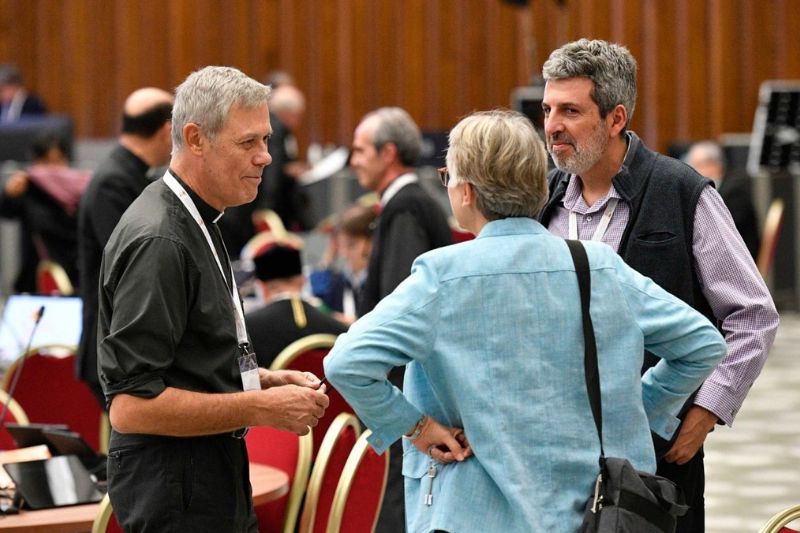
RELIGION
- John Warhurst
- 06 December 2023
4 Comments
In the aftermath of the Synod on Synodality, the Catholic community is marked by a sense of uncertainty, reflected in reactions that span from hope to criticism. As the Second Assembly nears, the critical need for more transparent and effective communication from Church leaders becomes increasingly evident.
READ MORE
-
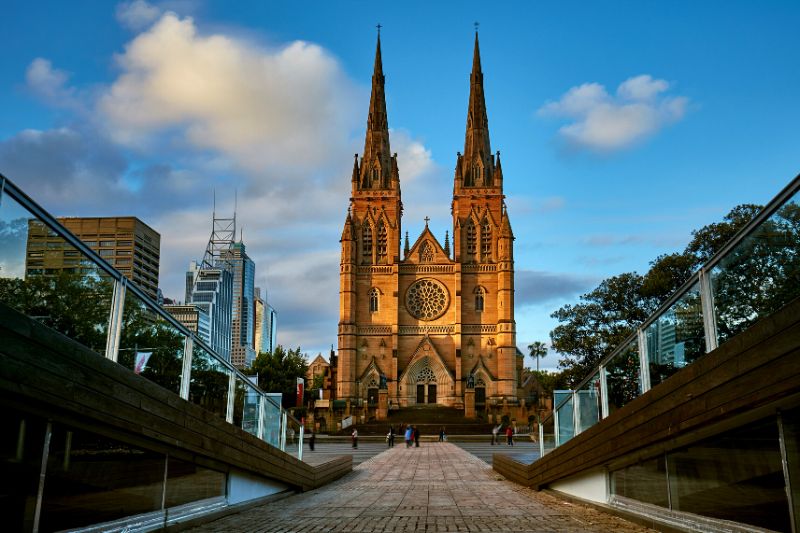
RELIGION
- John Warhurst
- 14 November 2023
11 Comments
Religion and politics are frequent bedfellows. Despite many clerics and bishops holding strong political views, and many lay Catholics being active within political parties, the successful embrace of synodality depends upon finding middle ground, and leaders who respect a diversity of views.
READ MORE
-
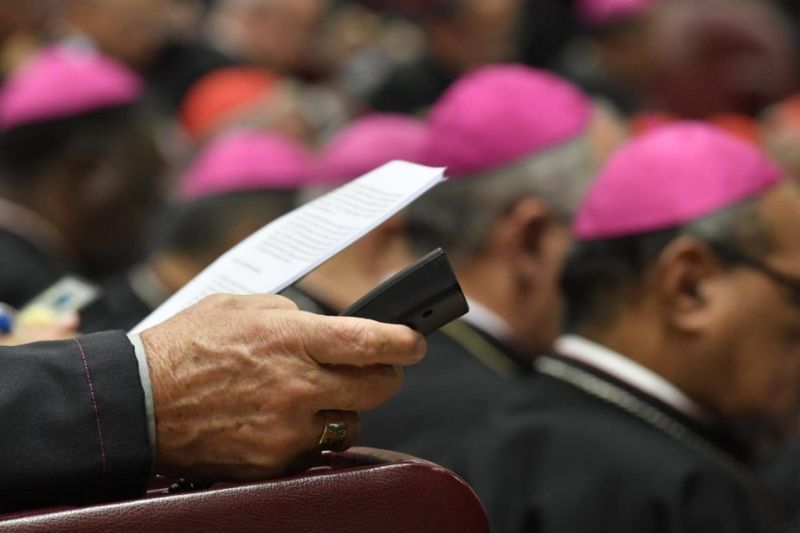
RELIGION
- John Warhurst
- 18 October 2023
9 Comments
This month we navigate the dual milestones of a failed constitutional referendum and the First Assembly of the Synod of Bishops. Seemingly disparate, these events converge in debates over tradition, leadership, and discourse. Their outcomes promise to shape the nation's spiritual and secular contours for generations.
READ MORE
-

RELIGION
- John Warhurst
- 14 September 2023
46 Comments
As the Voice Referendum campaign intensifies, many Catholic groups rally behind the Voice. But Australia's church leaders remain above the fray, maintaining neutral positions. As the lines between faith, politics, and indigenous rights blur, should the bishops be more prescriptive on how to vote?
READ MORE
-

RELIGION
- John Warhurst
- 15 August 2023
43 Comments
In Australia, Catholic schools are thriving amidst declining parishes. As the Synod on Synodality looms, can these institutions, grappling with a diverse, increasingly secular student body, reshape the future of the Catholic Church in Australia?
READ MORE
-
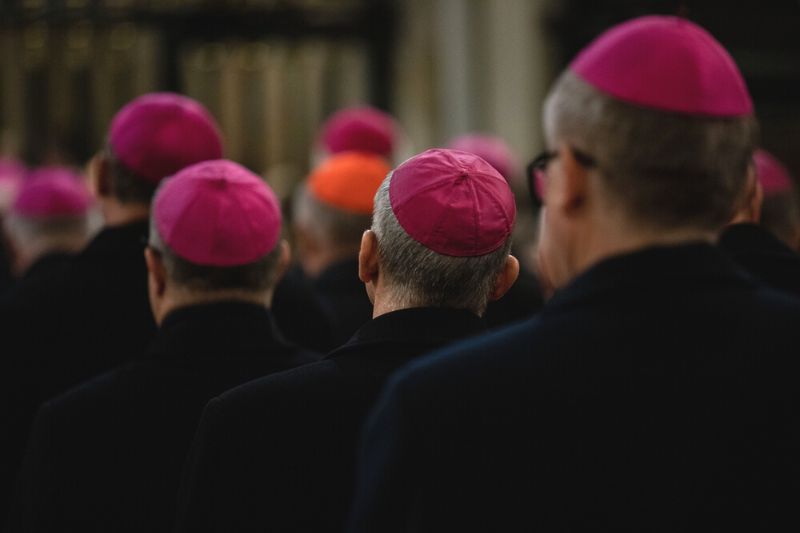
RELIGION
- John Warhurst
- 05 July 2023
11 Comments
As the Vatican releases the working document for the first Synod on Synodality, reactions within the Catholic community are mixed. While many applaud its open approach to divisive issues, others deem it too progressive or insufficiently thorough. Australian bishops encourage engagement, but the road ahead poses significant challenges.
READ MORE
-
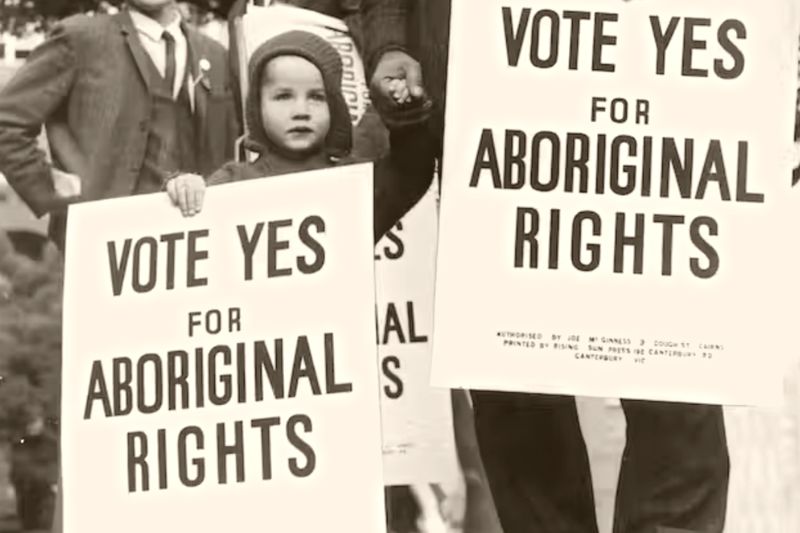
AUSTRALIA
- Frank Brennan
- 05 June 2023
19 Comments
The wording of the proposed change to the Australian Constitution to enshrine a First Nations Voice might not be perfect. But whatever the imperfections and the risk of future complications, it is high time that Australia’s First Peoples were recognised in the Constitution in a manner sought and approved by a broad cross-section of Indigenous leaders.
READ MORE
-
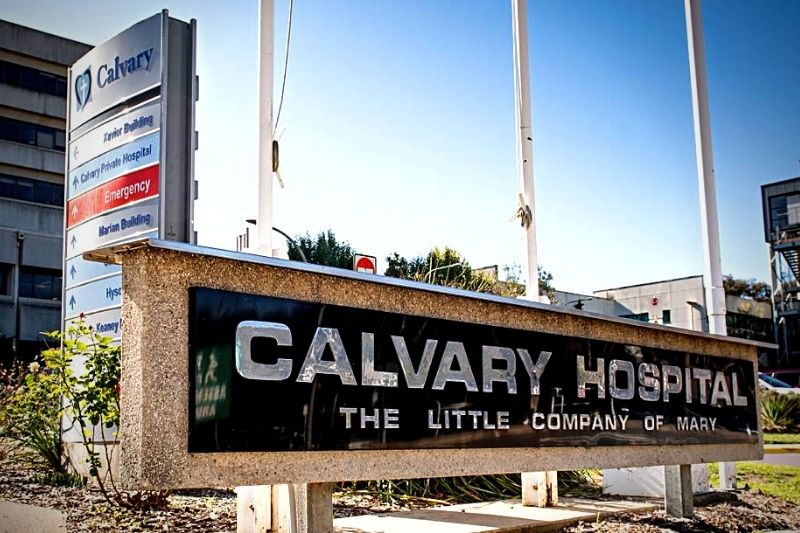
AUSTRALIA
- John Warhurst
- 01 June 2023
25 Comments
Amidst escalating tensions, the ACT government's move to acquire Calvary Public Hospital is facing strong backlash from the church. With claims of hasty decision-making and allegations of anti-religion bias dominating the discourse, this crisis highlights the societal shift towards secularism and questions the role of religious entities in managing public services.
READ MORE
-
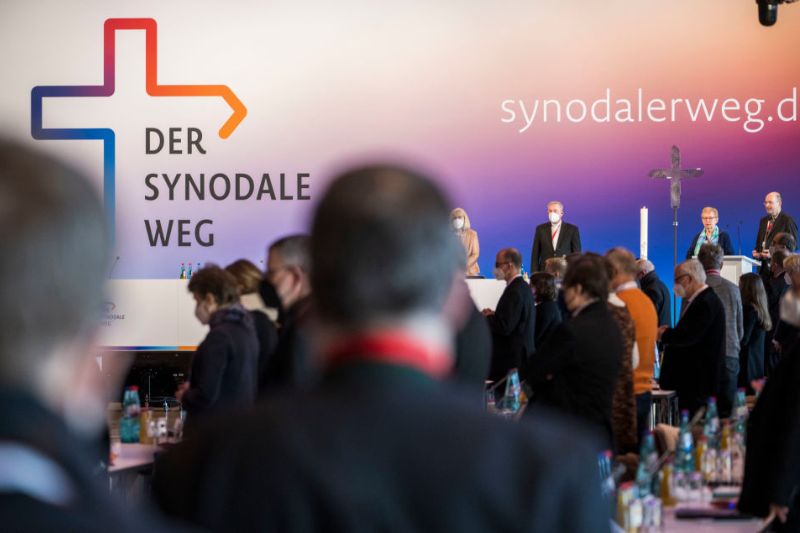
RELIGION
- Susan Sullivan
- 25 May 2023
4 Comments
In the final German Synodal Way assembly, the Church addressed difficult issues, openly discussing obligatory celibacy and blessing same-sex couples and divorced Catholics. The assembly pushed for Church teachings to adapt to individual congregations' realities, but how this approach will affect the global Church is unclear.
READ MORE
-
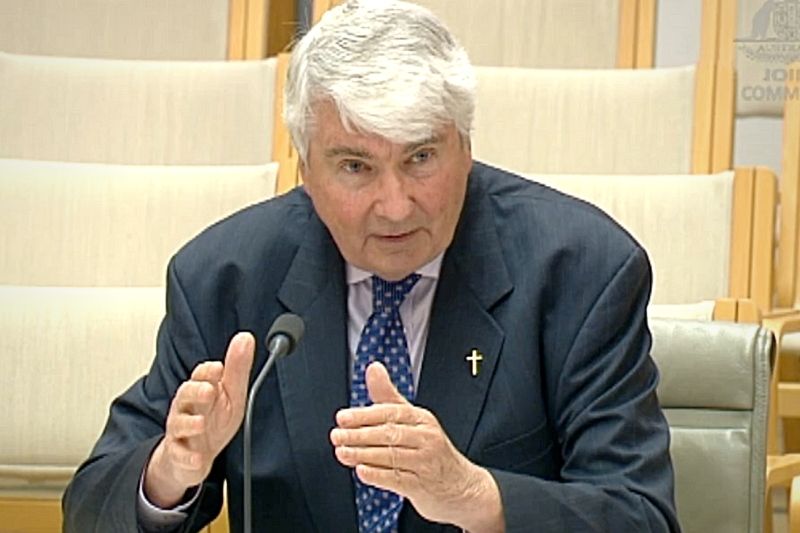
AUSTRALIA
- John Warhurst
- 04 May 2023
20 Comments
Frank Brennan's book An Indigenous Voice to Parliament: Considering a constitutional bridge is an urgent contribution to this important national debate around the shaping of the Voice and the referendum question. It is a book concerned with what’s likely to be successful rather than a manual on how to vote.
READ MORE
-
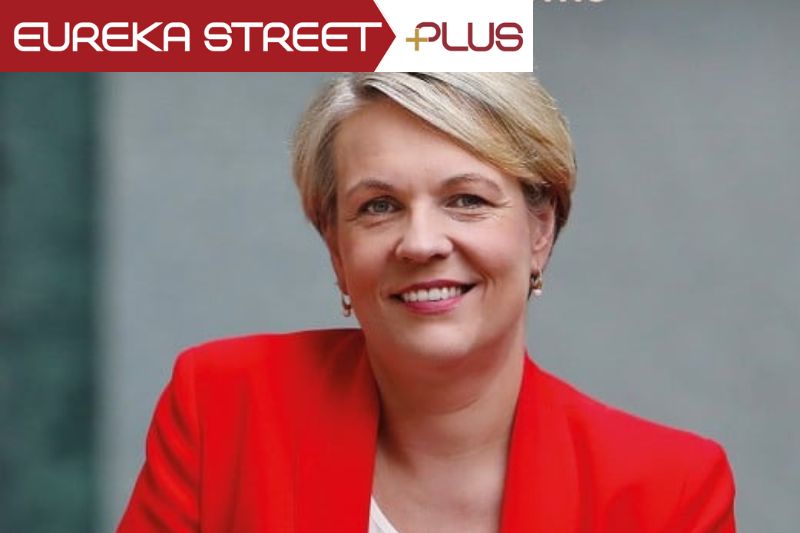
AUSTRALIA
- John Warhurst
- 31 March 2023
2 Comments
This life story of Tanya Plibersek, as told with great sensitivity and empathy by Margaret Simons, is a valuable reflection upon the engagement of a progressive modern woman with two of the great institutions in Australian history: the Labor Party and the Catholic Church.
READ MORE 
-

RELIGION
- John Honner
- 27 February 2023
3 Comments
The word synodality may not be familiar to many, but it's a word that Pope Francis has been emphasising throughout his papacy. It refers to a Church that listens and travels together, with everyone having something to learn from one another.
READ MORE